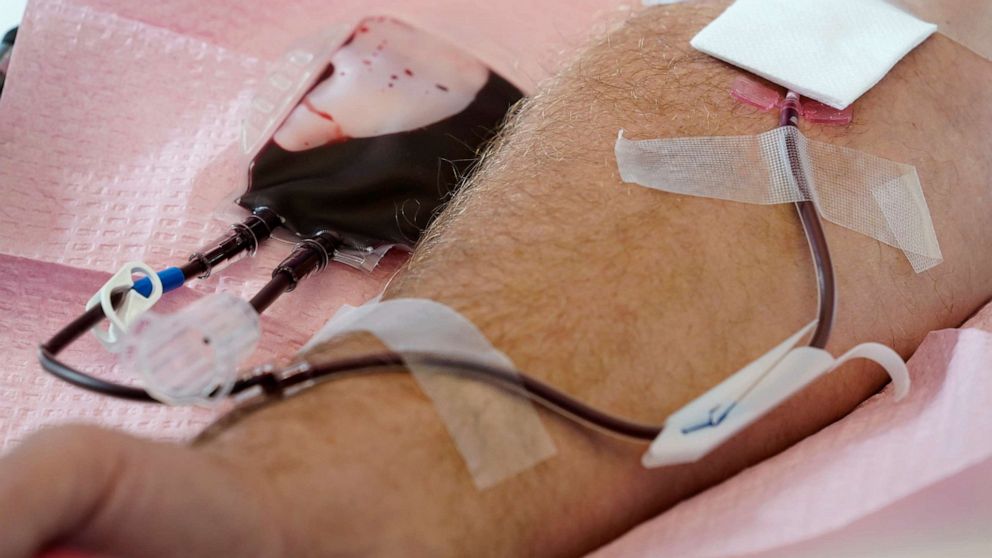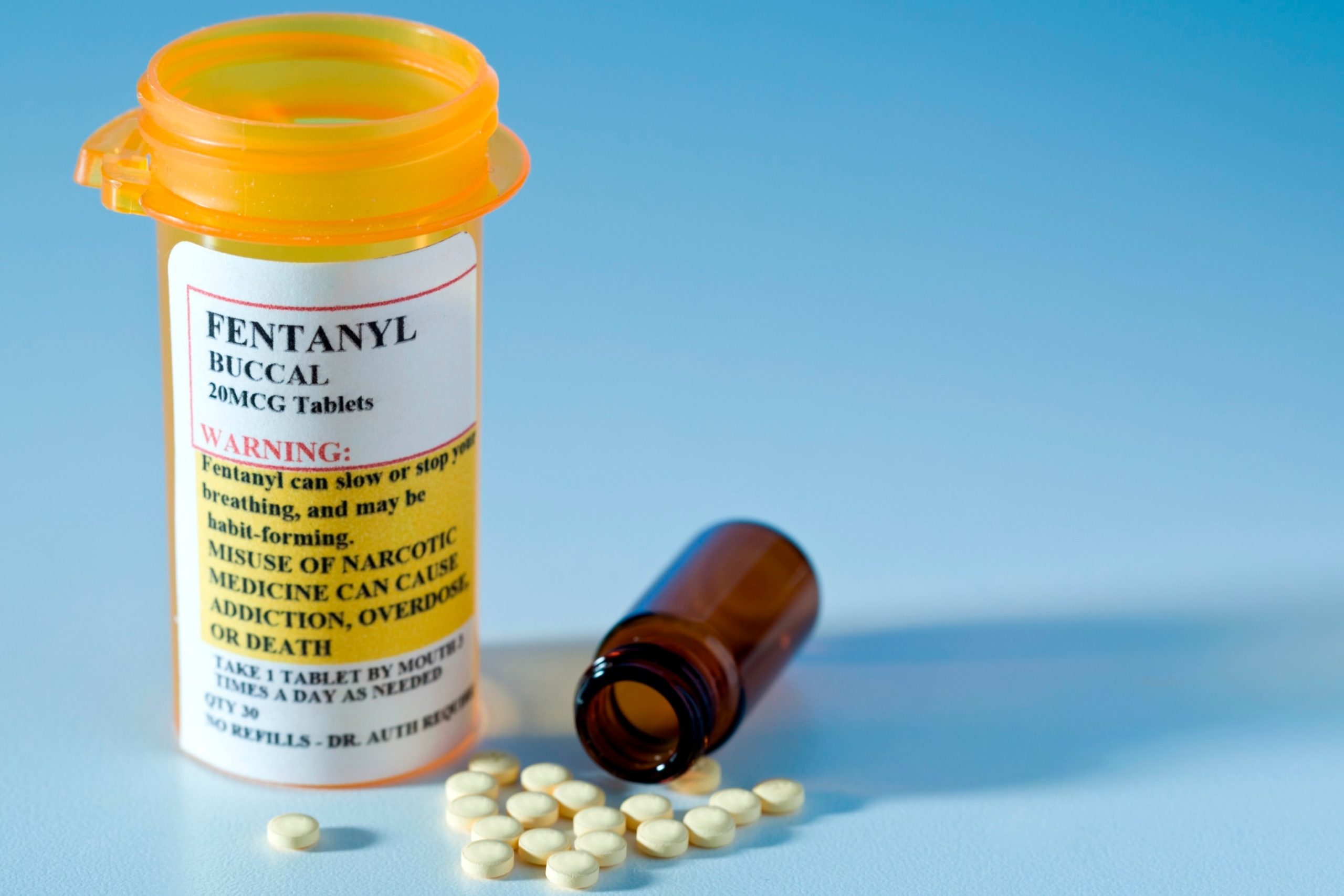In a significant move towards equality and inclusivity, the US Food and Drug Administration (FDA) has lifted its decades-old ban on blood donation restrictions for gay and bisexual men. The new guidelines state that men who have sex with men (MSM) can now donate blood if they have not had sexual contact with another man for at least three months.
The previous policy, which was implemented in the 1980s during the height of the HIV/AIDS epidemic, prohibited MSM from donating blood altogether. This was due to the higher risk of HIV transmission among this population, as well as the limited testing capabilities available at the time. However, advances in HIV testing and treatment have made it possible to screen donated blood for the virus with a high degree of accuracy.
The ban has long been a source of controversy and discrimination, with many LGBTQ+ advocates arguing that it unfairly stigmatized gay and bisexual men and perpetuated harmful stereotypes. The policy also had a negative impact on blood donation efforts, as it prevented a significant portion of the population from contributing to the blood supply.
The decision to lift the ban comes after years of advocacy and pressure from LGBTQ+ organizations and lawmakers. In 2015, the FDA revised its policy to allow MSM to donate blood if they had abstained from sexual contact for at least one year. However, this was still seen as discriminatory by many, as it placed an undue burden on MSM to prove their sexual behavior and excluded them from donating even if they were in monogamous relationships or practicing safe sex.
The new guidelines are a step in the right direction towards a more equitable and inclusive blood donation system. However, some advocates argue that the three-month deferral period is still too long and perpetuates stigma against MSM. They point out that other high-risk groups, such as individuals who have recently traveled to certain countries or engaged in risky sexual behavior with opposite-sex partners, are subject to shorter deferral periods.
Despite these concerns, the lifting of the ban is a significant victory for LGBTQ+ rights and public health. It sends a message that all individuals, regardless of their sexual orientation or gender identity, should be treated equally and have the opportunity to contribute to their communities in meaningful ways. It also helps to address the ongoing shortage of blood donations in the US, which has been exacerbated by the COVID-19 pandemic.
In conclusion, the FDA’s decision to lift the ban on blood donation restrictions for gay and bisexual men is a positive step towards a more inclusive and equitable society. While there is still work to be done to address concerns about the deferral period and other issues, this policy change represents a significant victory for LGBTQ+ rights and public health. It is a reminder that progress is possible when we listen to marginalized communities and work together towards a common goal.



